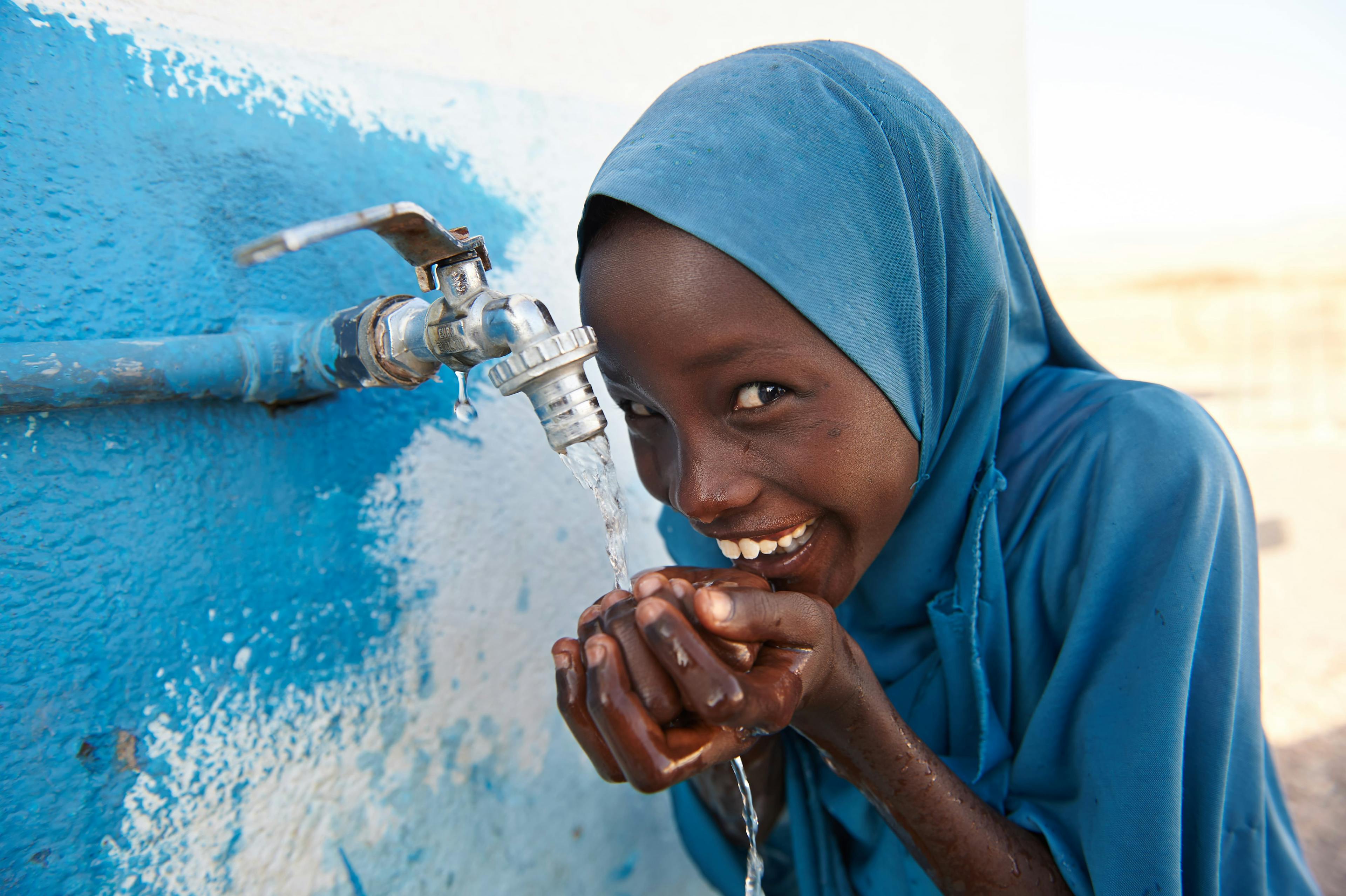
This is UNICEF
Home
About UNICEF
About Us
UNICEF is the United Nations Children's Fund.
For more than 77 years, we've been working to protect the rights of children in over 192 countries and territories around the world.

Real Impact
We don’t just respond to over 300 emergencies every year - we also try to holistically solve the root causes of the big problems affecting kids in the greatest need.
Global Reach
Over 77 years we’ve developed the global reach and huge partner network to maximise every donation and deliver hope to children wherever they need it most.

Part of the UN
Although we’re part of the United Nations, we’re impartial and able to deliver 100% donor funded aid without political barriers to help all children, no matter their race or religion.
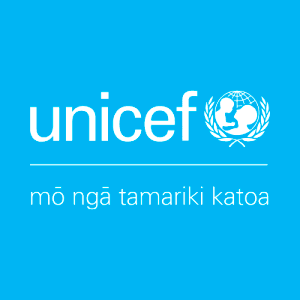
The New Zealand National Committee for UNICEF (UNICEF Aotearoa New Zealand) is one of 33 UNICEF National Committees around the world, which raise funds for UNICEF’s emergency and development work serving children everywhere. In New Zealand, we lift children’s voices, change policy, and stand up for children across the country.
Our determination to protect the world’s children knows no limits. The problems facing kids today are complex and systemic, and the world is waking up to the fact that short term solutions aren’t enough.
We strive to break the poverty cycle. We work to empower the next generation with tangible solutions and create a better tomorrow for everyone. To do this, we bring together all people: governments, donors, humanitarian agencies, businesses, and young people themselves to champion sustainable, locally managed development. This is the work UNICEF does every day – health, education, a fair go and protection, for every child, everywhere.
UNICEF is the global authority on children’s rights
UNICEF is mandated by the United Nations General Assembly to advocate for the protection of children's rights, to help meet their basic needs, and to expand their opportunities to reach their full potential.
Every child is born with fundamental human rights, but conflict, disease, exploitation, and access to education keep millions of children from reaching their dreams. Whatever it takes, UNICEF fights for every child's right to the essential building blocks of life.
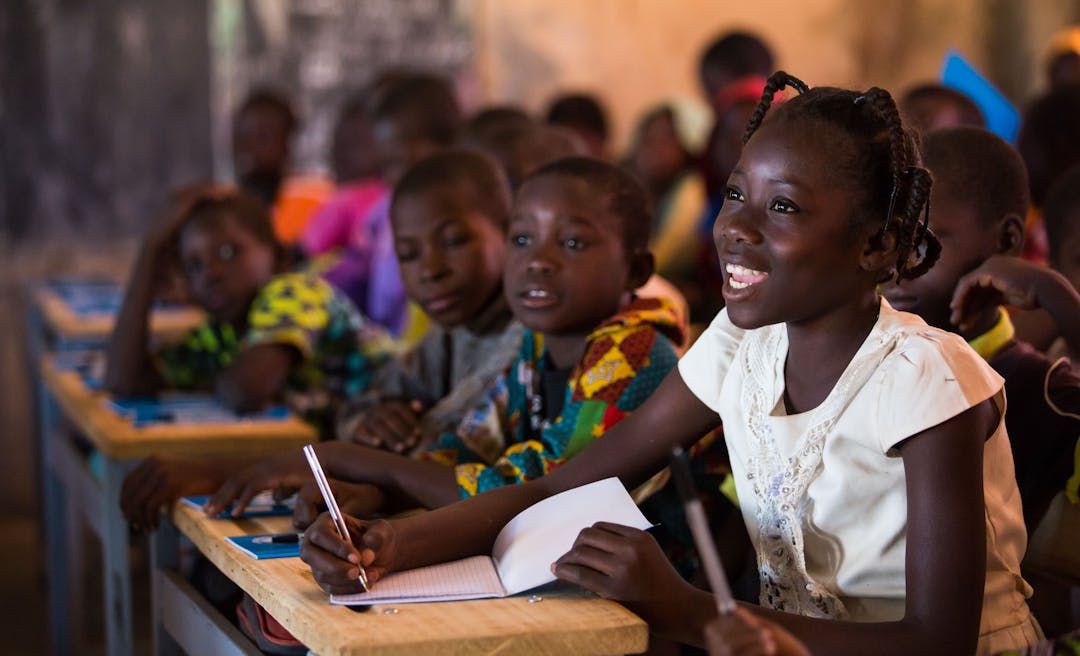
UNI280376
"One day, I would like to become a nurse to take care of my family.”
—13 year old Nabyla
Our unmatched scale and impact
No other children’s organisation has UNICEF's experience, expertise and reach.
UNICEF provides more children with clean water, life-saving food and vaccines, education, and protection from violence than any other humanitarian organisation. We work in some of the world’s toughest places, reaching the furthest from help, the most disadvantaged and the most at risk. In everything we do, the most vulnerable children and those in greatest need have priority.
77 years of changing lives
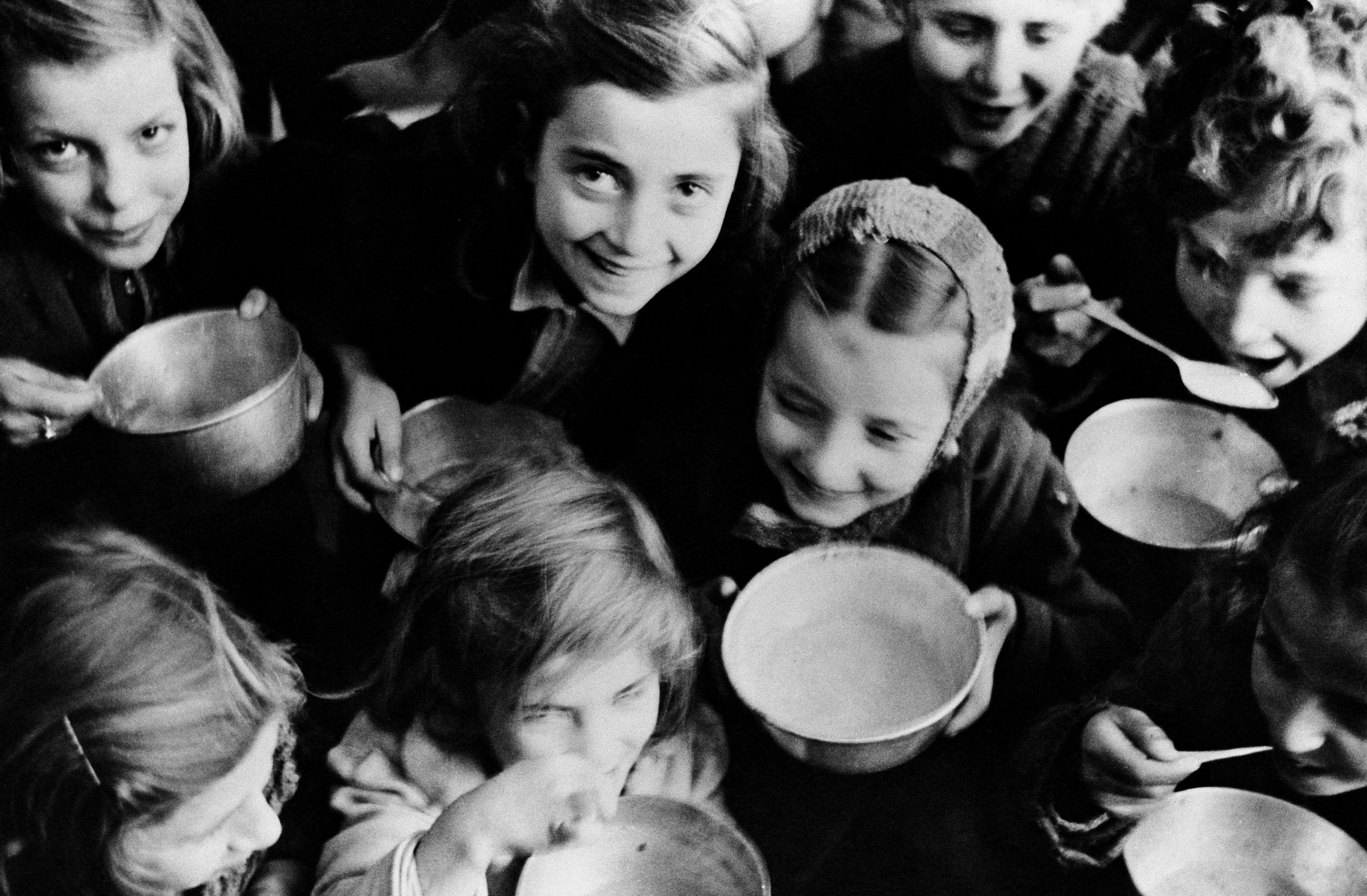
1946
The beginning
UNICEF is created to respond to the millions of displaced and refugee children deprived of shelter, clothing, and food in the aftermath of World War II. Over the next 15 years, UNICEF evolved from an emergency fund to a development agency committed to tackling hunger, fighting disease and advocating for the rights of children all over the world!

1953
Becoming part of the family
UNICEF becomes a permanent part of the United Nations and launches its first water, sanitation and hygiene programmes to reduce preventable childhood diseases and death. We also began expanding our programmes to address the needs of the whole child. At this point in time UNICEF was already supporting kids in almost 100 countries!

1959
Building blocks for children’s rights
The UN General Assembly adopts the Declaration of the Rights of the Child, which defines children’s rights to protection, education, health care, shelter, and good nutrition. This declaration has continued to influence national legislation and policies around the world, guiding efforts to protect and promote the rights of children in diverse contexts.
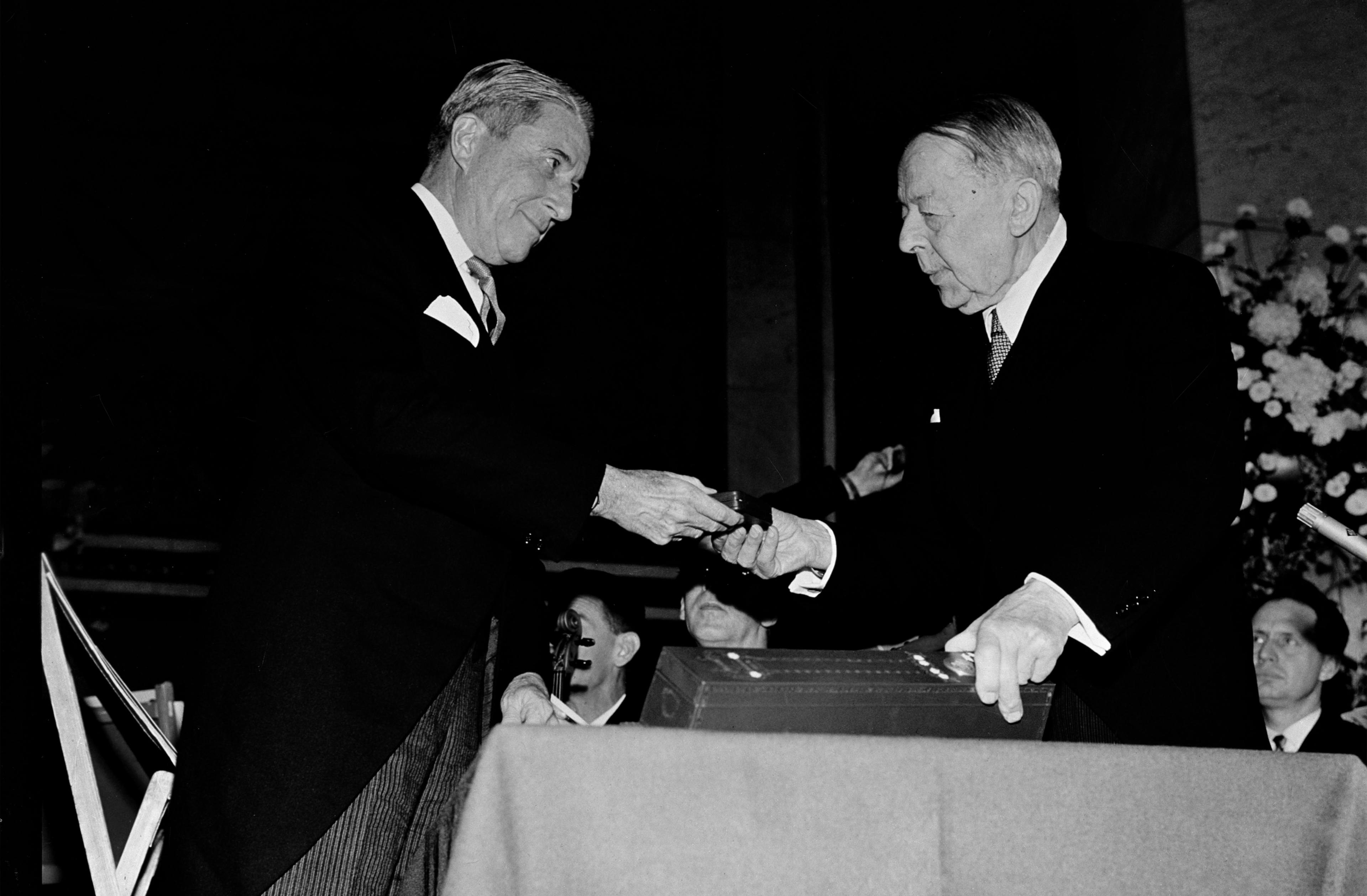
1965
19 years in the making
UNICEF is awarded the 1965 Nobel Peace Prize “for the promotion of brotherhood among nations.” This award was made possible by the growth of a global partnership involving governments, private organisations, and the world's peoples, to increase opportunities for improving the lives of kids everywhere!
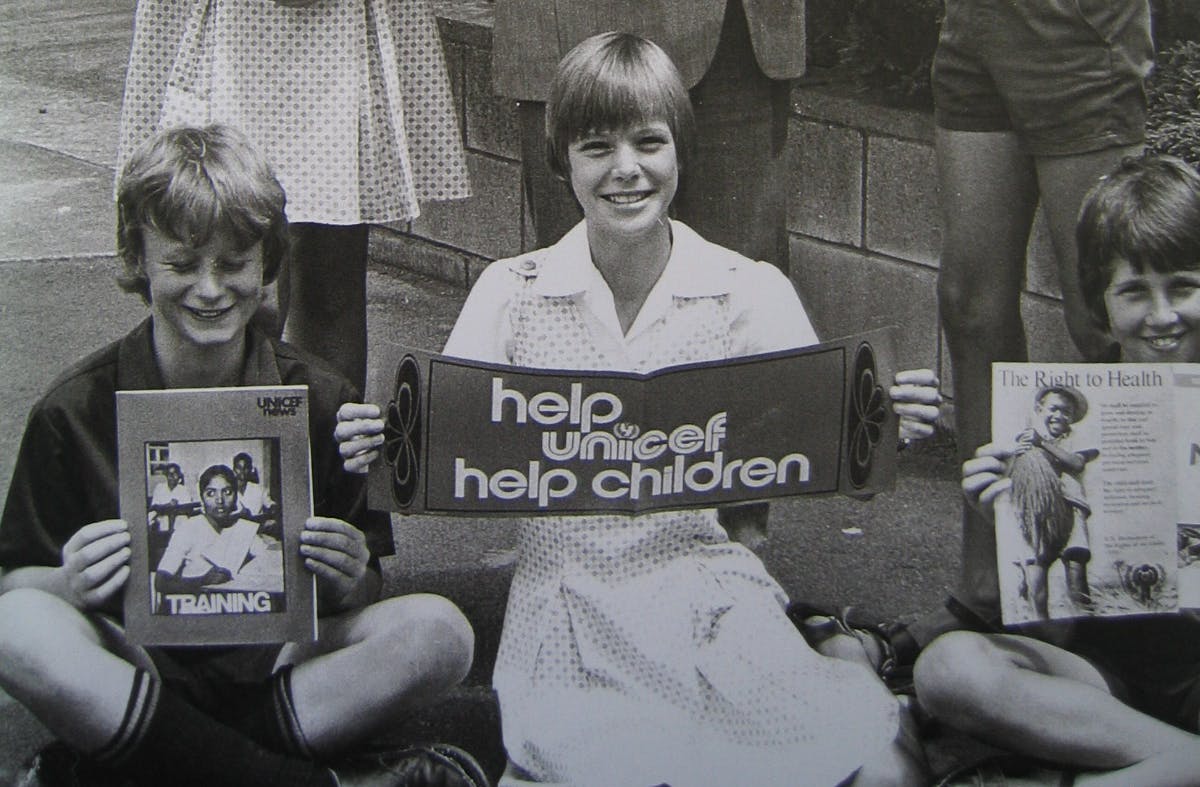
1974
The start of our journey!
UNICEF Aotearoa officially becomes a UNICEF National Committee. To raise funds, promote children’s rights, and secure visibility for the world’s children threatened by poverty, disasters, conflict, abuse, and exploitation. This is the collective role of the 33 UNICEF National Committees around the world.
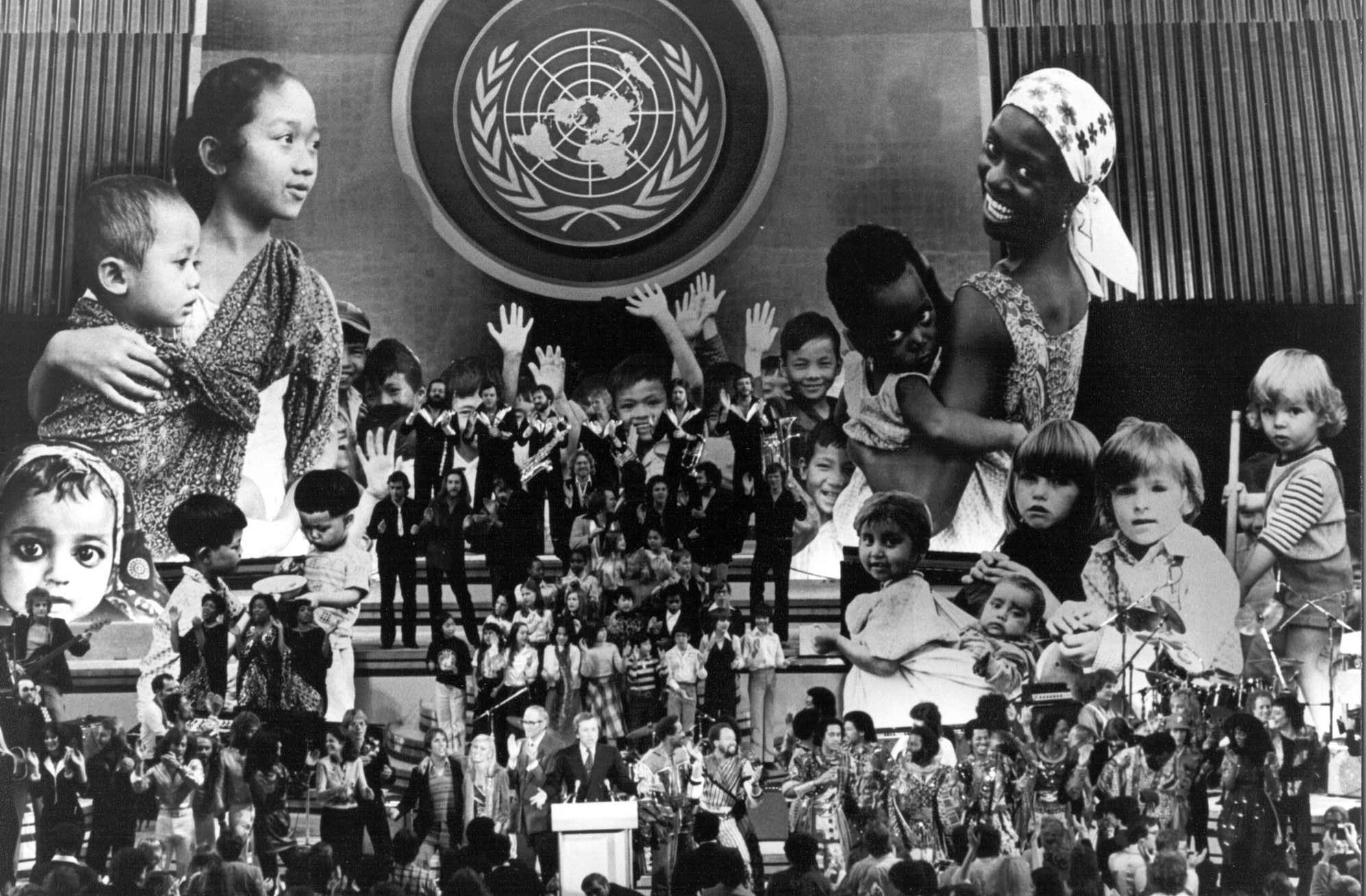
1979
Year of the Child
Marked by celebrations around the world, people and organisations reaffirm their commitment to children’s rights. This proclamation helped raise awareness of the special needs of children on the part of decision makers and the public. The same year a working group was established to start developing what would be the Convention On The Rights Of The Child!

1980
One of the world’s deadliest diseases
Working closely with partners like the World Health Organisation, UNICEF eradicates smallpox with a global rollout of immunisations and monitoring! This remains among the most notable and profound public health successes in history. With today’s advancements in vaccines and testing we're on track to eradicate polio too!
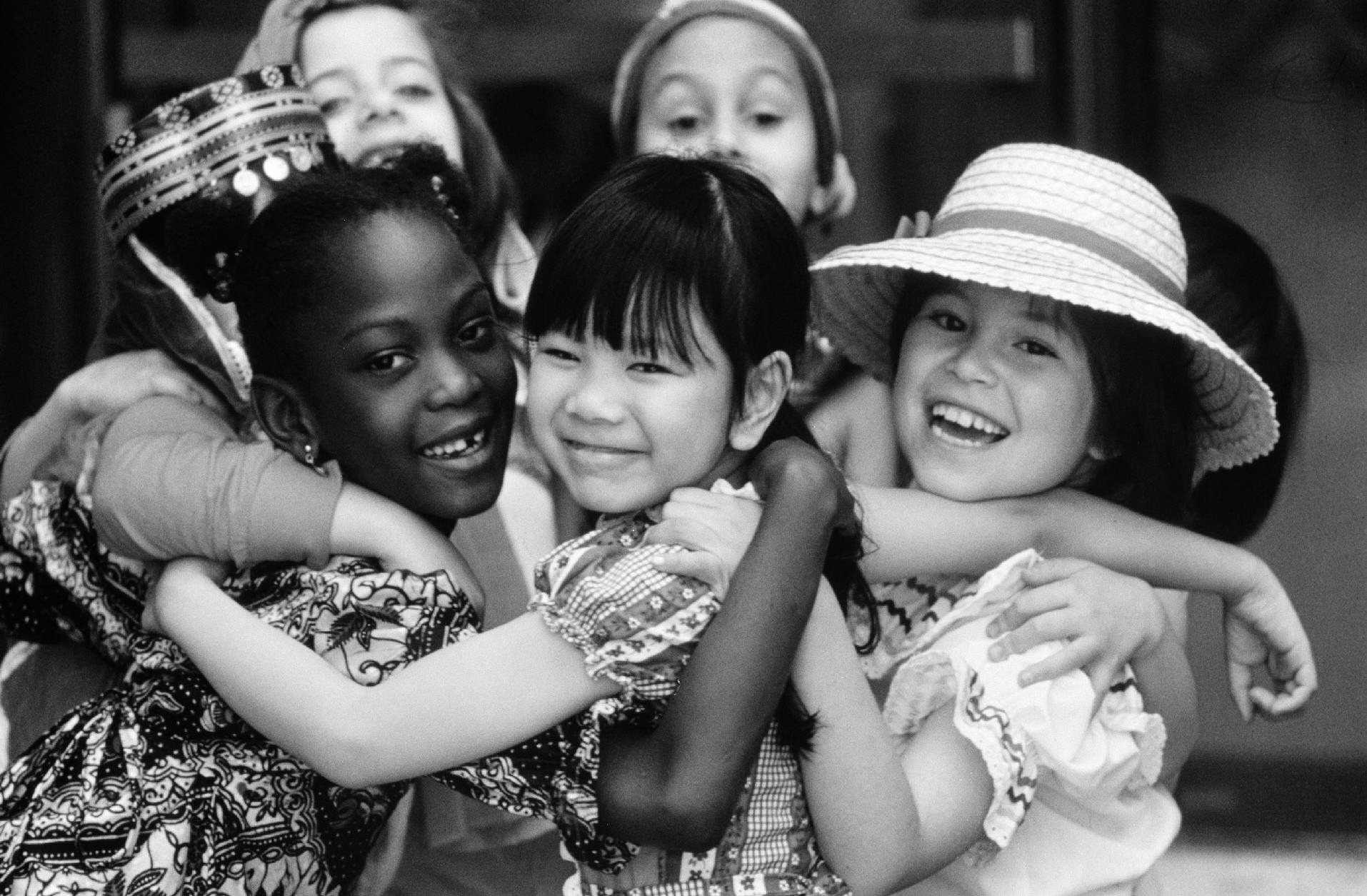
1982
A developmental revolution
UNICEF launches the Child Survival and Development Revolution, a drive to save the lives of millions of children each year. Rather than treating child mortality, the effort sought to directly reduce child mortality with four simple, low-cost techniques: growth monitoring, oral rehydration therapy, breastfeeding and immunisation.

1987
Landmark UNICEF Study
The landmark report ‘Adjustment with a Human Face’ calls for national programmes and policies to protect the rights of children, women, and other vulnerable groups - especially during economic crises. Thirty three years later this approach was just as vital during the COVID-19 pandemic to ensure children of low-income families weren’t left behind.

1989
A groundbreaking treaty for kids
The Convention On The Rights Of The Child is adopted by the United Nations General Assembly. It’s since been embraced by more countries than any other human rights agreement in history. The convention recognises 42 basic human rights that apply to all children, without any discrimination.

1990
A historic world summit
The largest gathering of world leaders to ever assemble at the United Nations attend the World Summit for Children. This was the first occasion in history when a summit was held exclusively to address children’s issues. 152 world leaders agreed to be guided by the principle that the essential needs of kids should be given high priority in the allocation of resources.
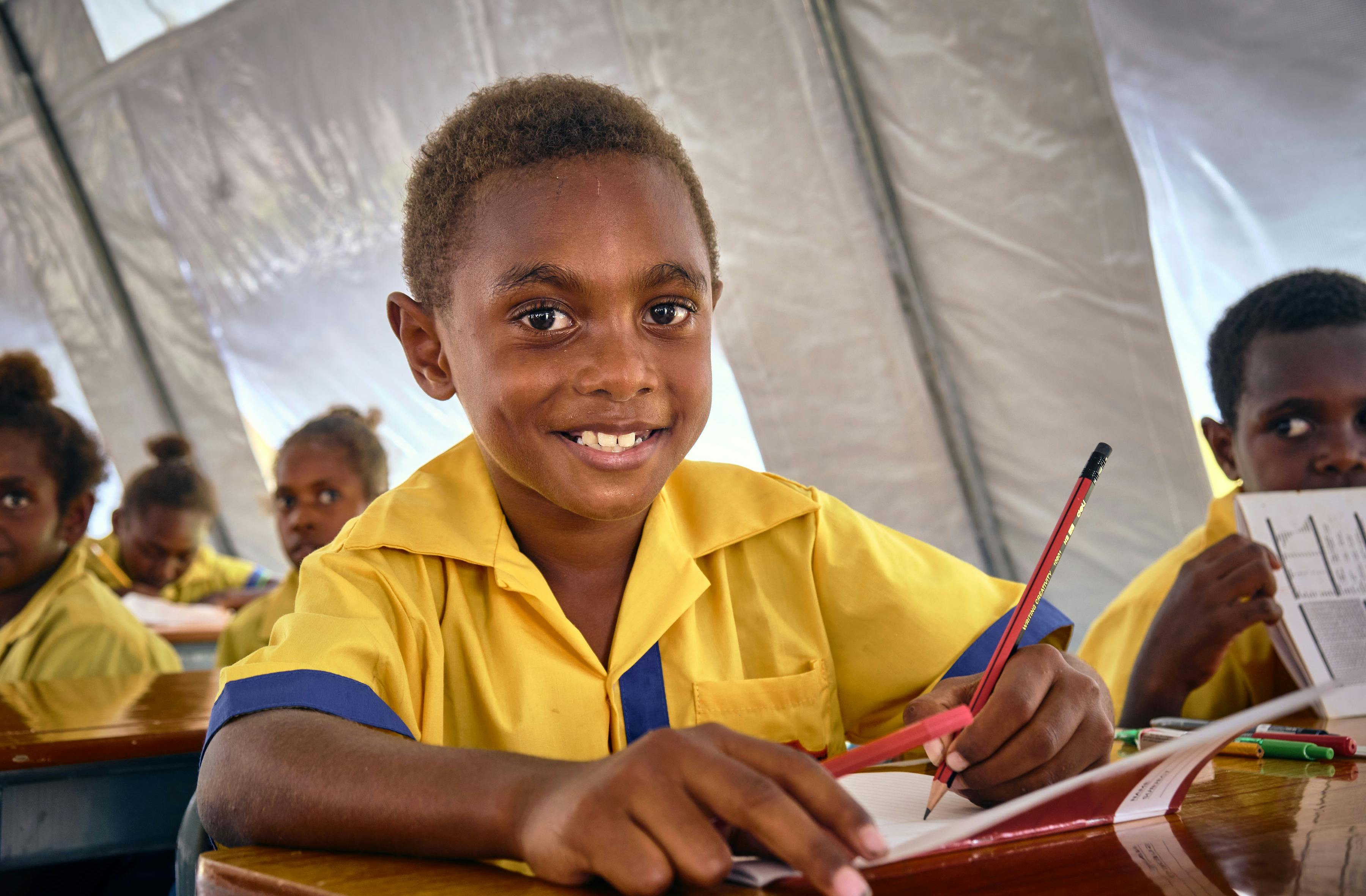
1994
Continuous learning, no matter what
UNICEF and UNESCO invent and distribute the first ‘School-in-a-Box’ - a portable classroom that’s still used today. Each kit now contains three months worth of school supplies and materials for one teacher and 40 students. Even when an emergency strikes, kids shouldn’t have to put their learning on hold.
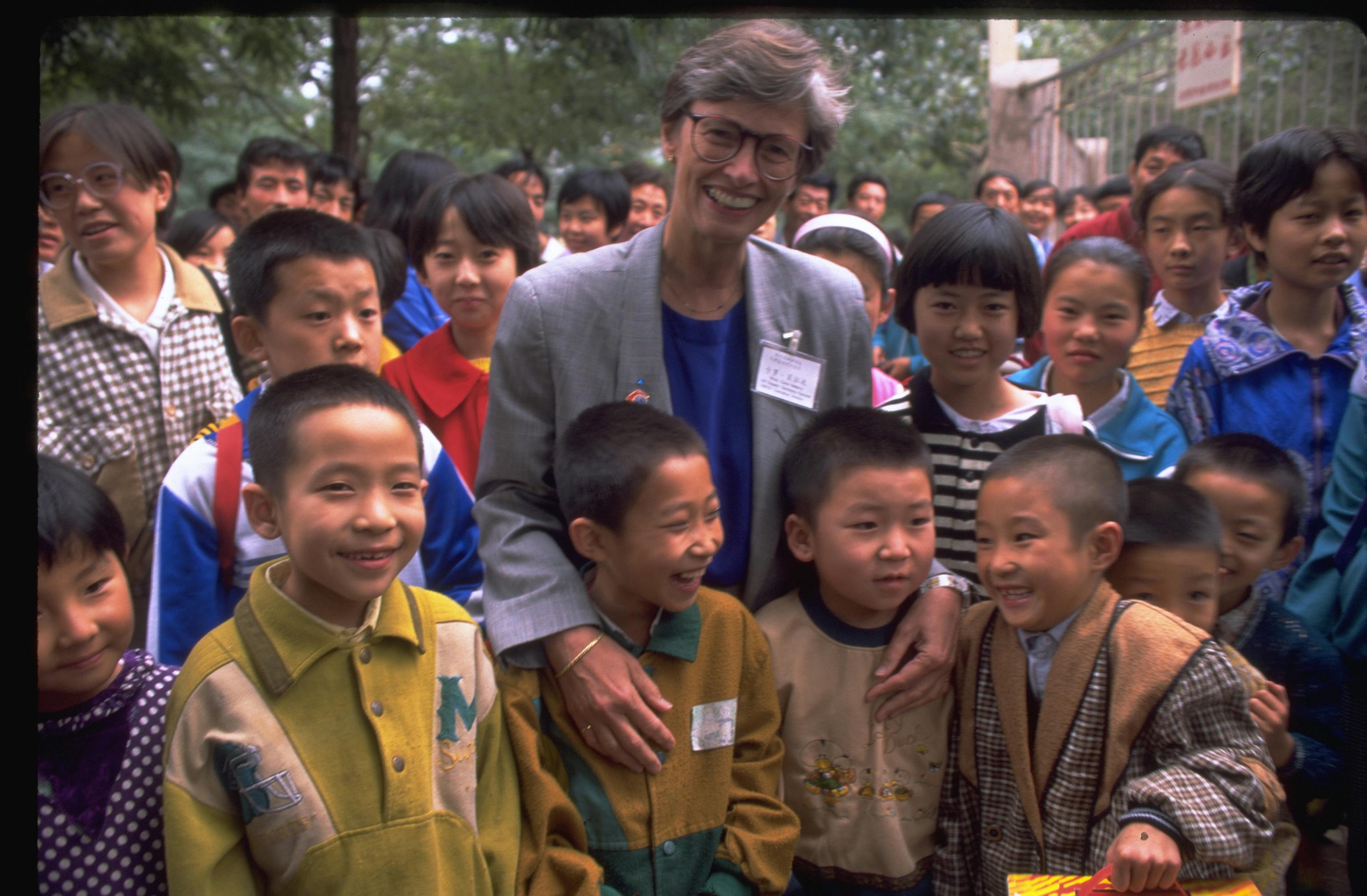
1995
A landmark for gender equality
The United Nations hosts the Fourth World Conference on Women. Here the world made a promise: equal rights and opportunities for all women and girls, everywhere. This conference ushered in was a new mindset that realising the full potential of women and girls is a powerful and essential component of successful, sustainable development.
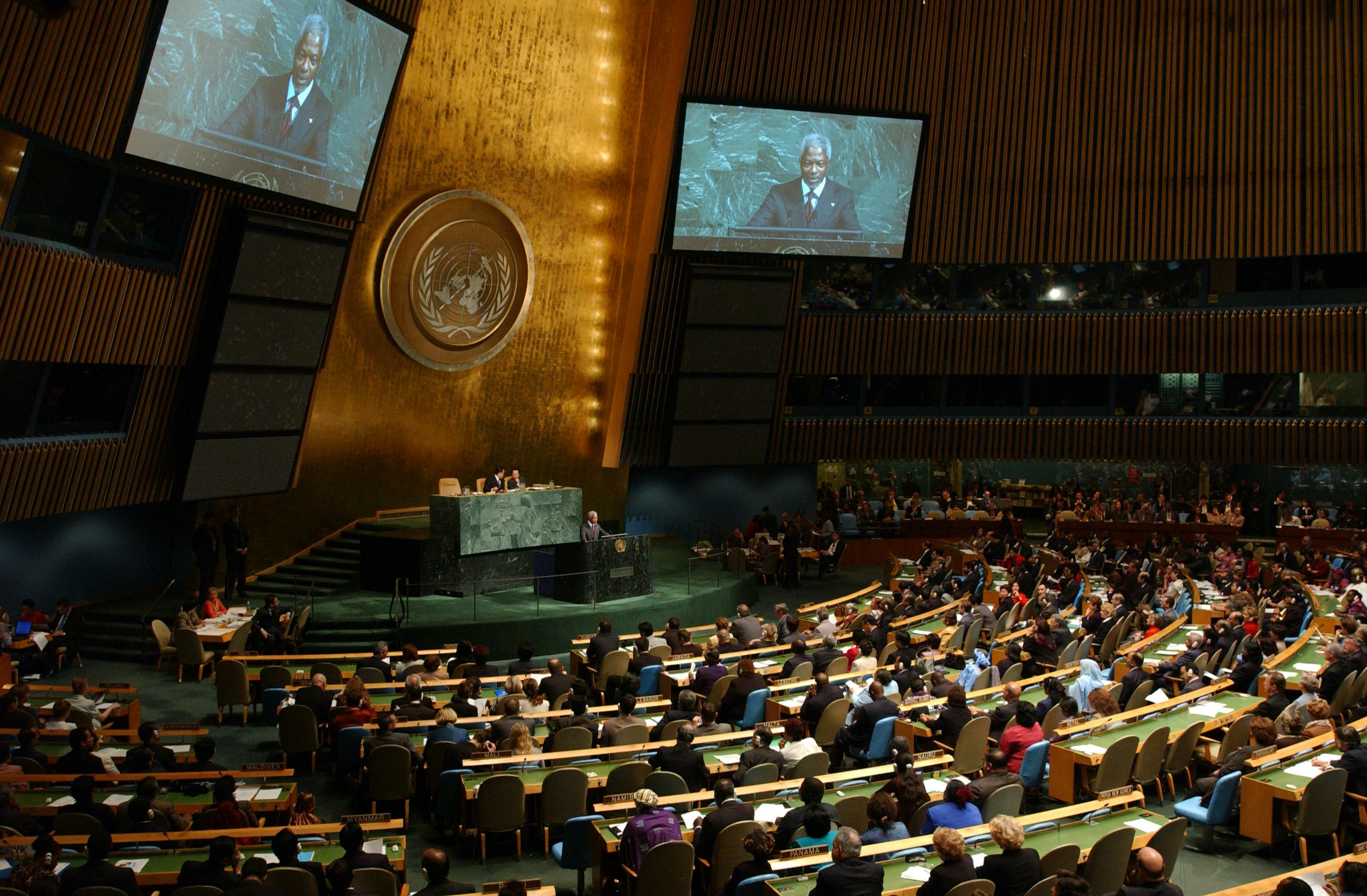
2002
Special session on children
A landmark Special Session of the United Nations General Assembly is convened to review progress since the World Summit to re-energise global commitment to children's rights. It was the first session devoted exclusively to children and the first to include them as official delegates! Over 100 delegates were chosen to represent young people and their well-being!

2005
Uniting for children
UNICEF launches global campaign - ‘Unite for Children, Unite against AIDS’ - to raise awareness of the plight of children globally in relation to HIV and AIDS, and to spur action. Over the past two decades, hard-fought global progress against HIV/AIDS has saved millions of lives. Hospital wards that were once packed with people living with HIV are now empty.
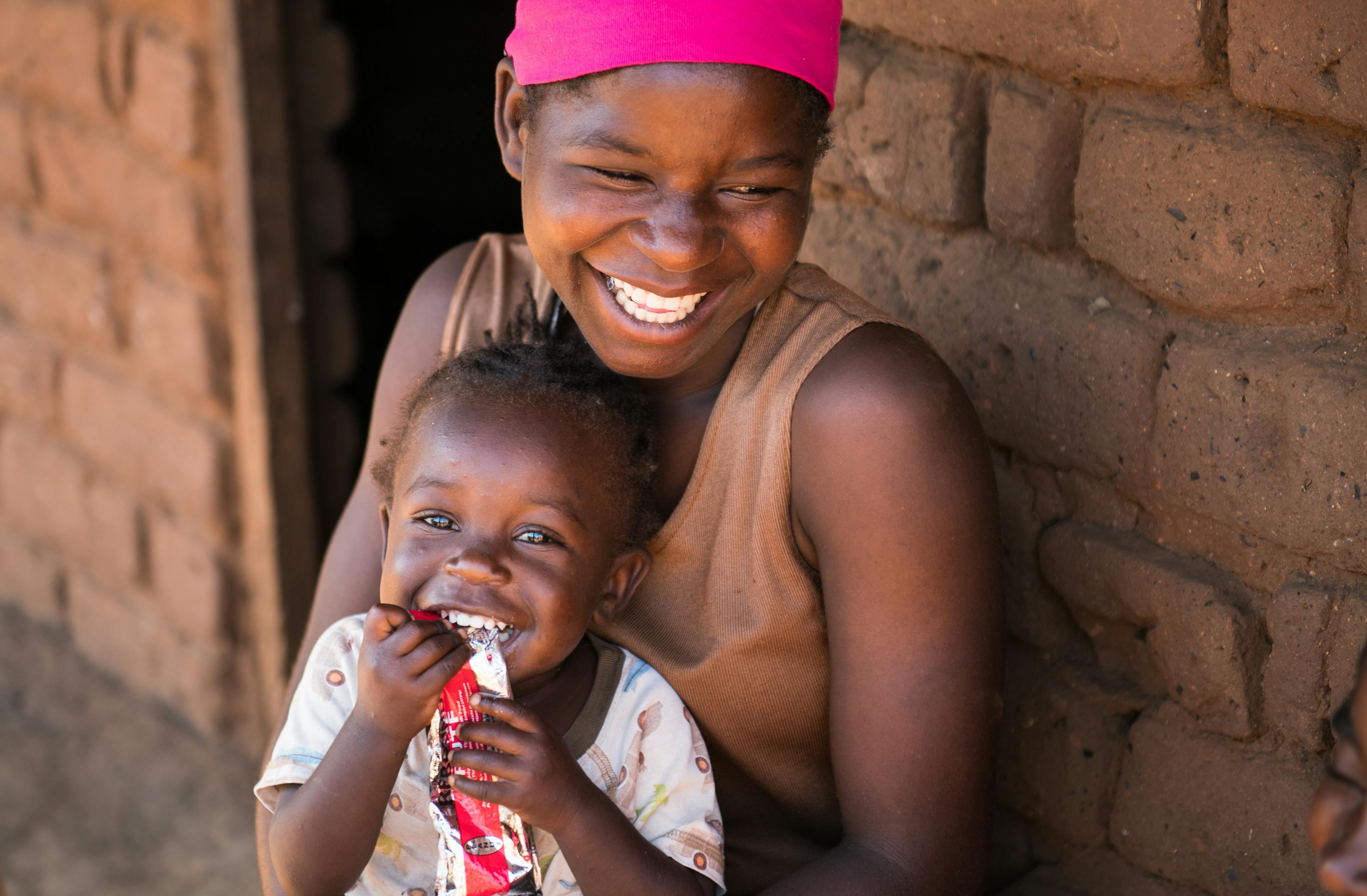
2006
Something small but mighty
UNICEF becomes the world’s biggest purchaser of life-saving Ready-to-use therapeutic foods. These sachets are filled with an energy dense and nutrient rich peanut paste used to treat millions of kids around the world suffering from severe acute malnutrition. Today UNICEF procures 80 percent of the world's therapeutic food!
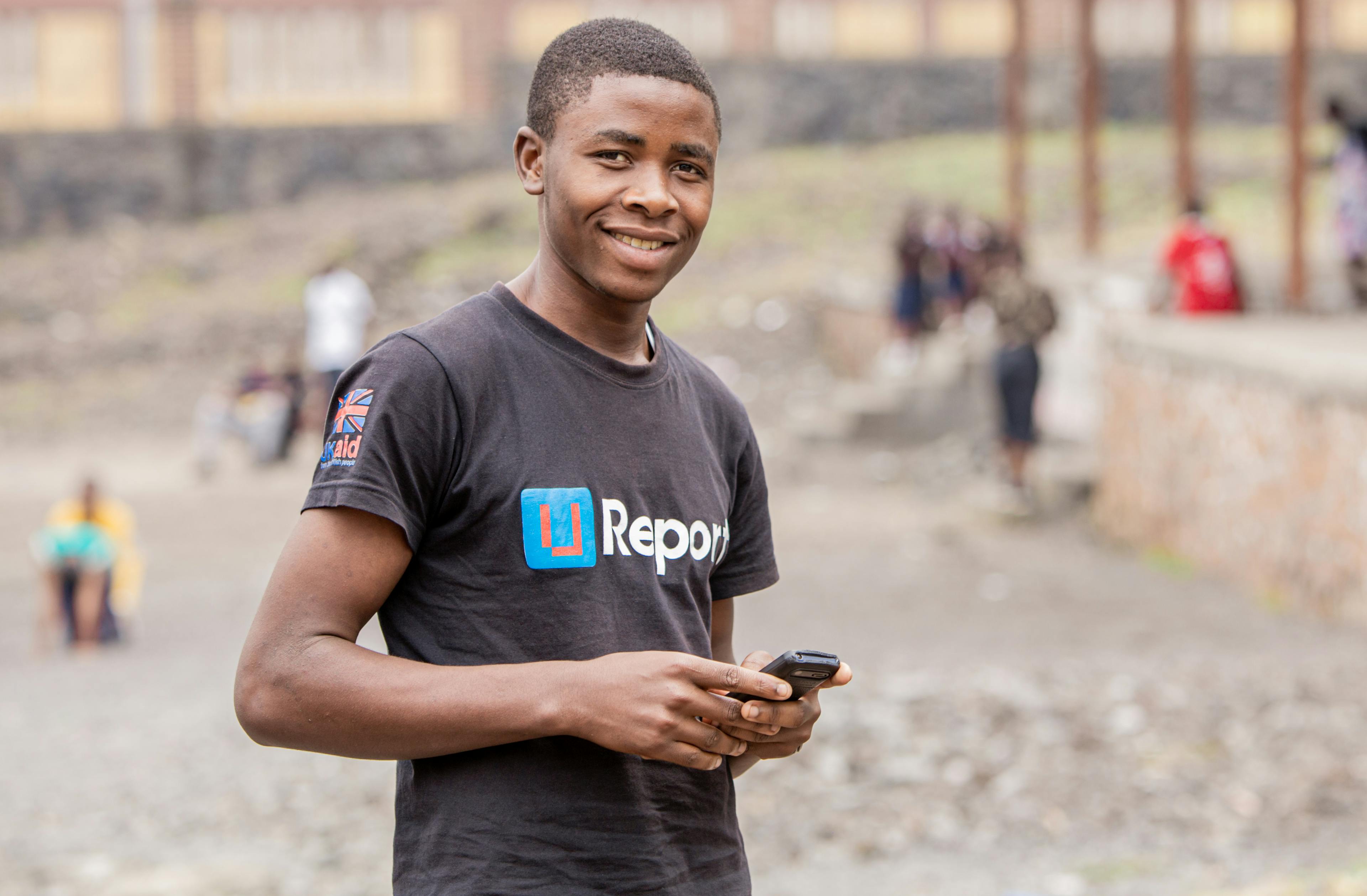
2007
Innovation for connection and change
UNICEF develops U-Report, a digital community for young people, by young people. Across over 90 countries, U-report empowers young people to learn about issues that affect them, take action, and become agents of change. UNICEF continues to take a leading role in creating, identifying, scaling and implementing innovative youth-led and youth-centred solutions!
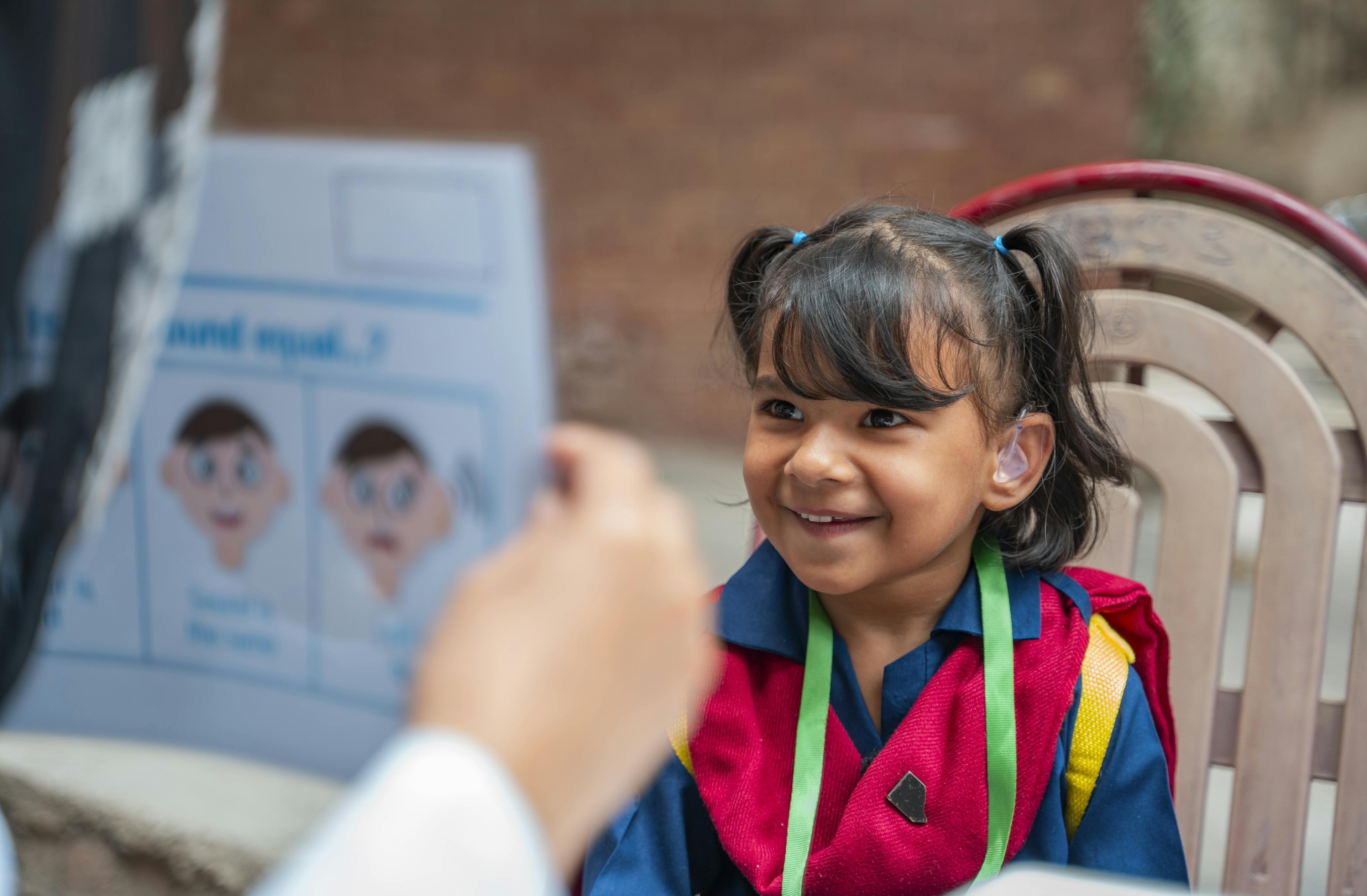
2012
Building a world that works for all kids
UNICEF hosts the first Forum of the Global Partnership on Children with Disabilities. Our disability-inclusive programmes reached over 4.5 million kids with disabilities in 142 countries in 2022! Including children with disabilities in all aspects of life must be a priority for all of us if we’re to succeed in making sure EVERY child thrives!
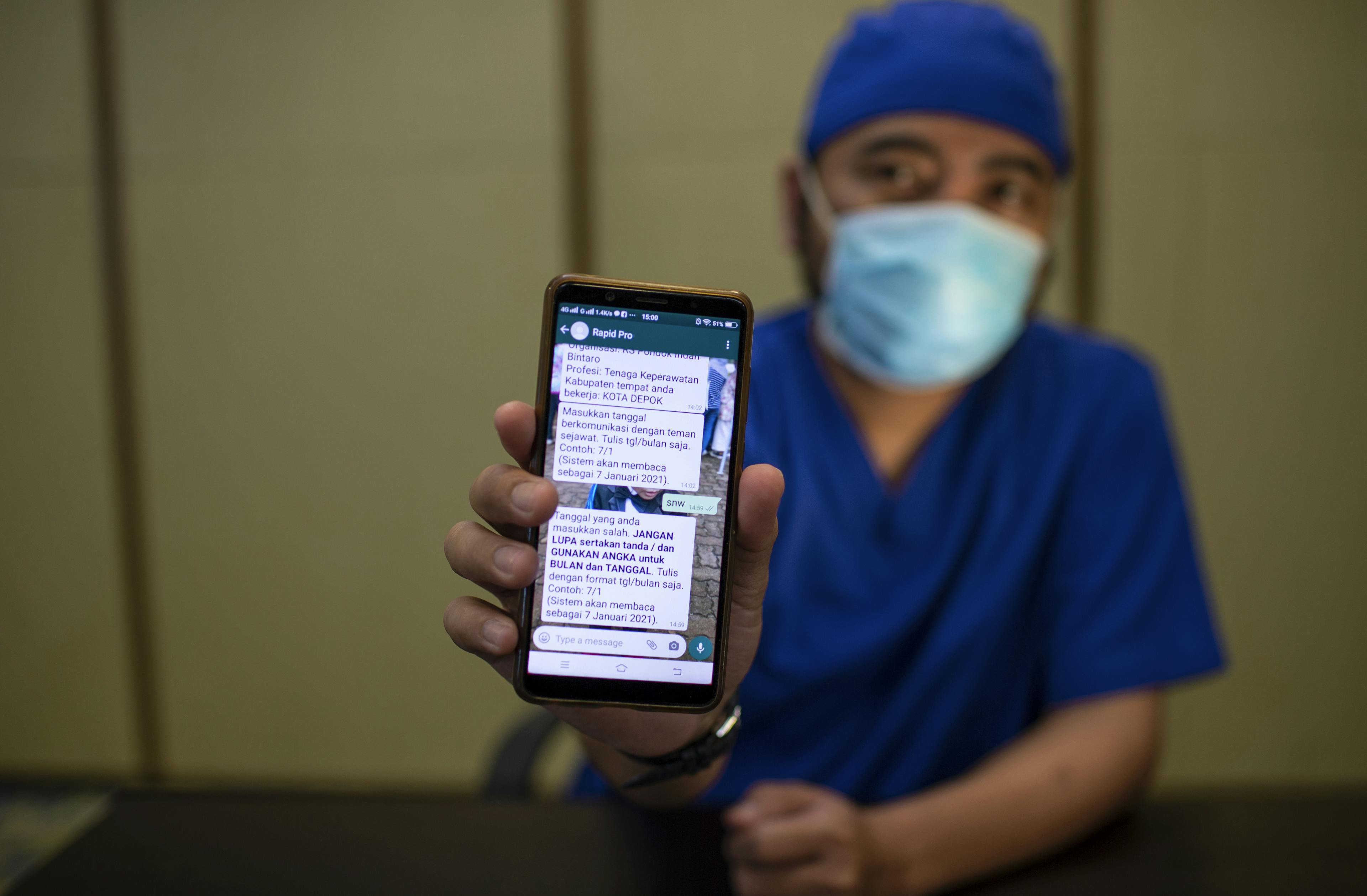
2014
Groundbreaking health innovation
UNICEF launches the first version of RapidPro - an open-source platform for sharing real-time data across health, education and youth engagement platforms. To continue reaching millions of the hardest-to-reach children and those most in need, we need to know where, when and how to act.

2017
Finding Water in the Driest Places
UNICEF collaborates with the European Union Joint Research Centre to develop a new way of mapping groundwater using satellite imagery and data to find water before drilling. This saves time and money, especially compared to other technologies that cost thousands of dollars more, but find water less than half of the time!
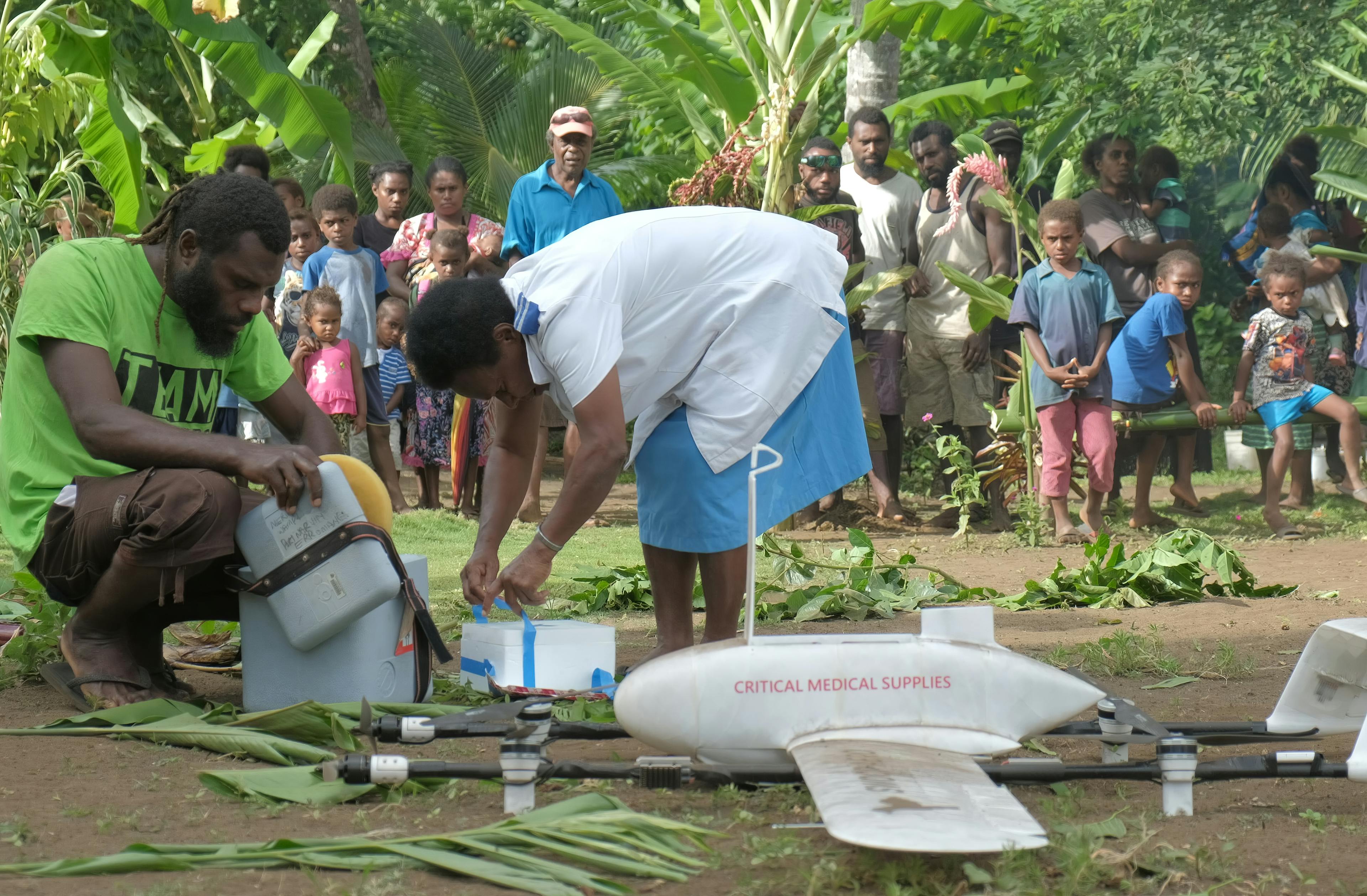
2018
Innovations from above
UNICEF supports the first commercial vaccine delivery by drone, in the remote island nation of Vanuatu. In a country where 1 in 5 kids are not fully immunised, drones reduce a journey of several hours into just 25 minutes to safely transport the vaccines from distribution centres to rural vaccination posts. This innovation continues to save time, energy, and lives!

2018
Building a brighter future
Generation Unlimited, a global UNICEF partnership launches at the United Nations General Assembly. This partnership works to connect the world’s 1.8 billion young people with opportunities for employment, entrepreneurship and social impact. Currently GenU has involved young people in co-designing and implementing solutions in over 54 countries!
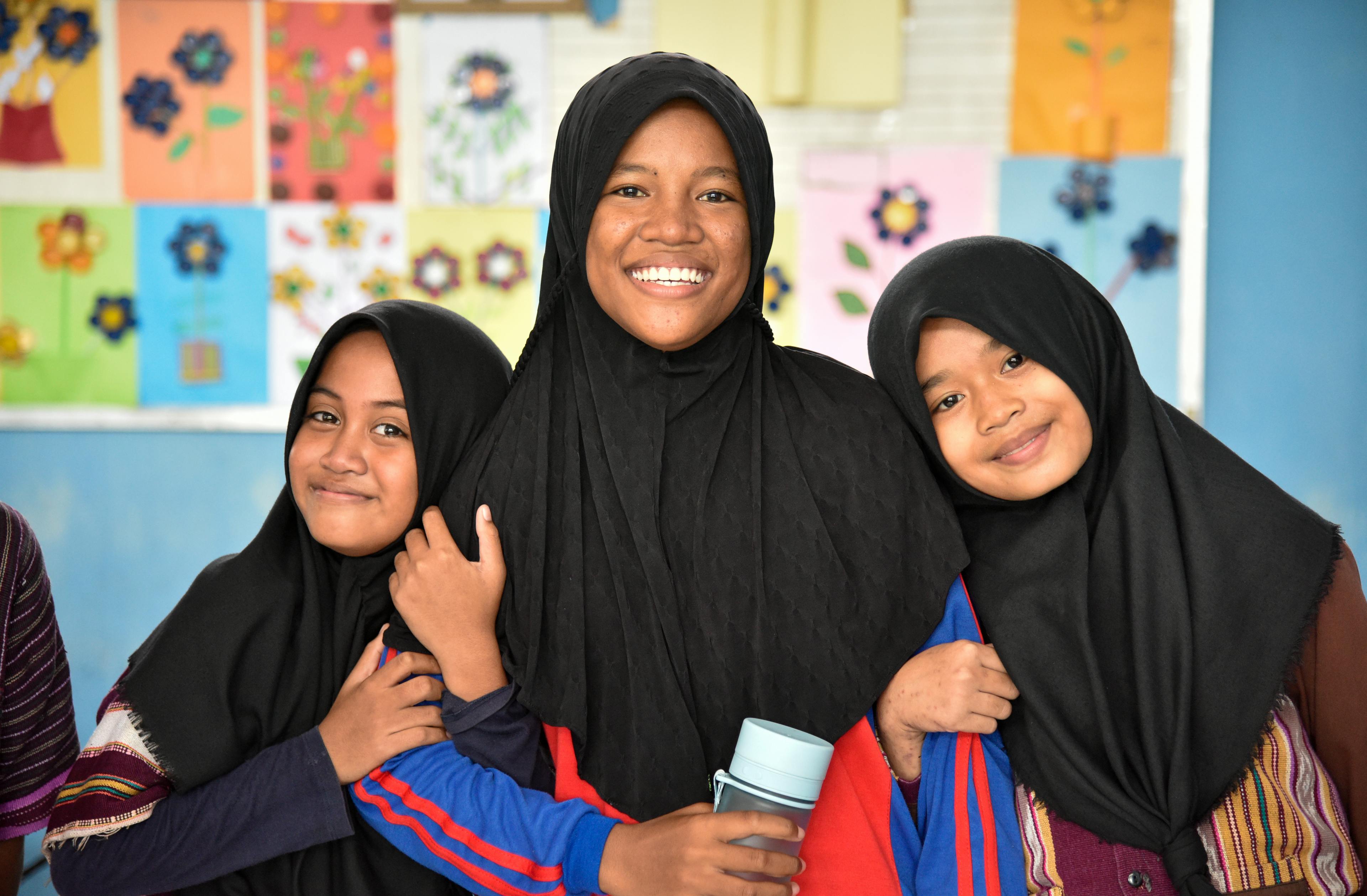
2019
Trailblazing girl-centred tech
UNICEF’s develops the world’s first digital menstruation app Oky, with and for adolescent girls. The app provides evidence-based information about periods, puberty, and reproductive health in fun, creative and positive ways, straight into girls’ hands. Oky is continually bridging the gap in access to information on menstruation & reproductive health!
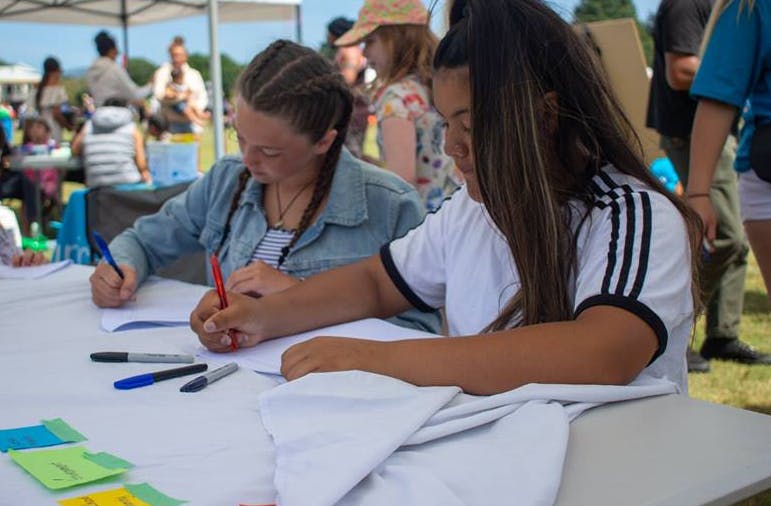
2019
Reshaping ‘wellbeing’ for Māori
UNICEF Aotearoa develop Te Hiringa Tamariki, a dedicated wellbeing outcomes model for tamariki Māori with a unique Te Ao Māori lens and contributions from rangatahi māori. This model fights negative stereotyping and articulates a new narrative of Māori capability, empowerment and potential!
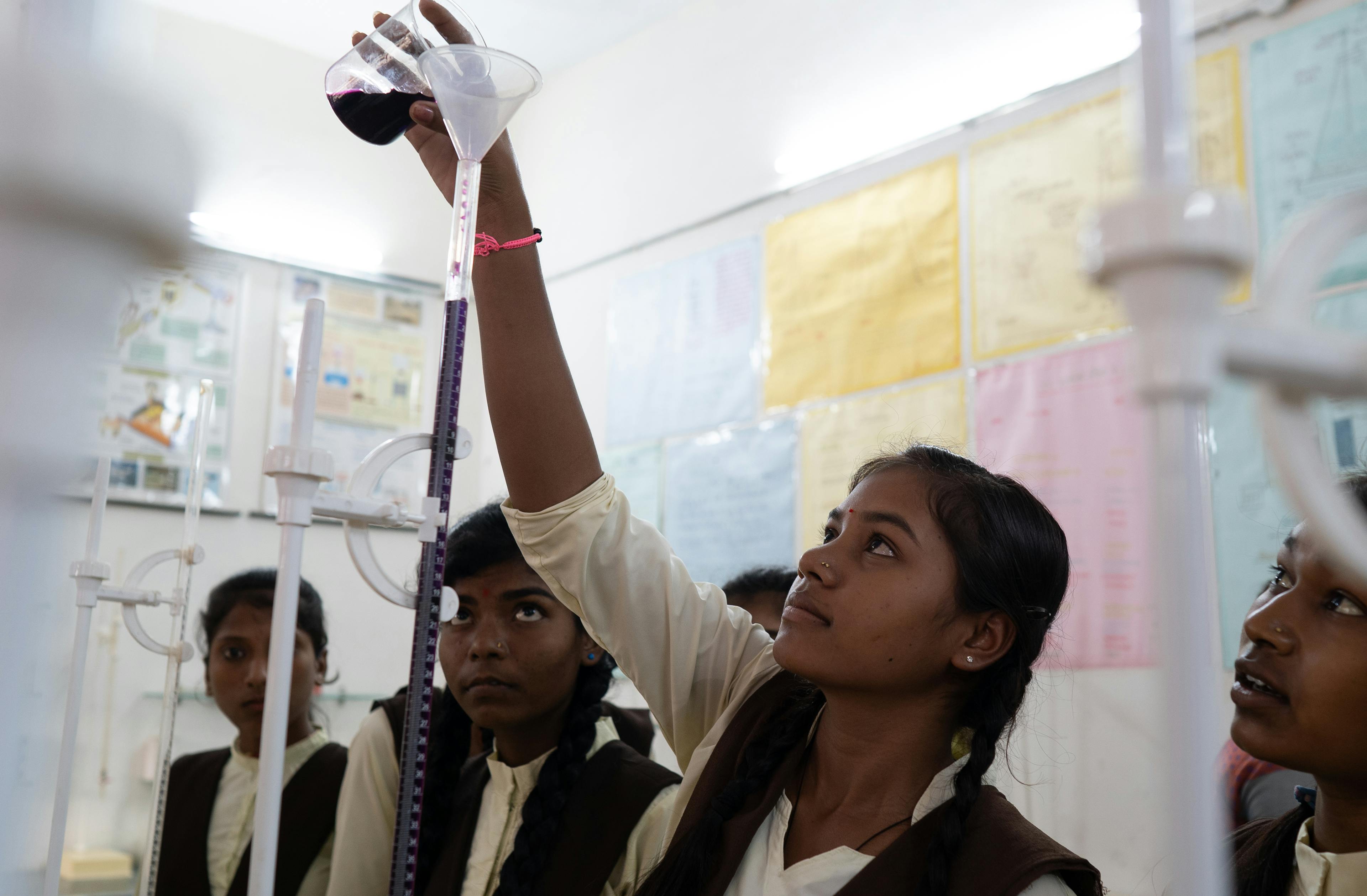
2020
A leap for equal opportunity
UNICEF launches the Girls in Science programme, empowering girls to excel in science, technology, engineering and mathematics. This programme continues to bridge the gender gap in these areas by combating societal gender norms and stereotypes that impact girls' educational opportunities and academic performance.
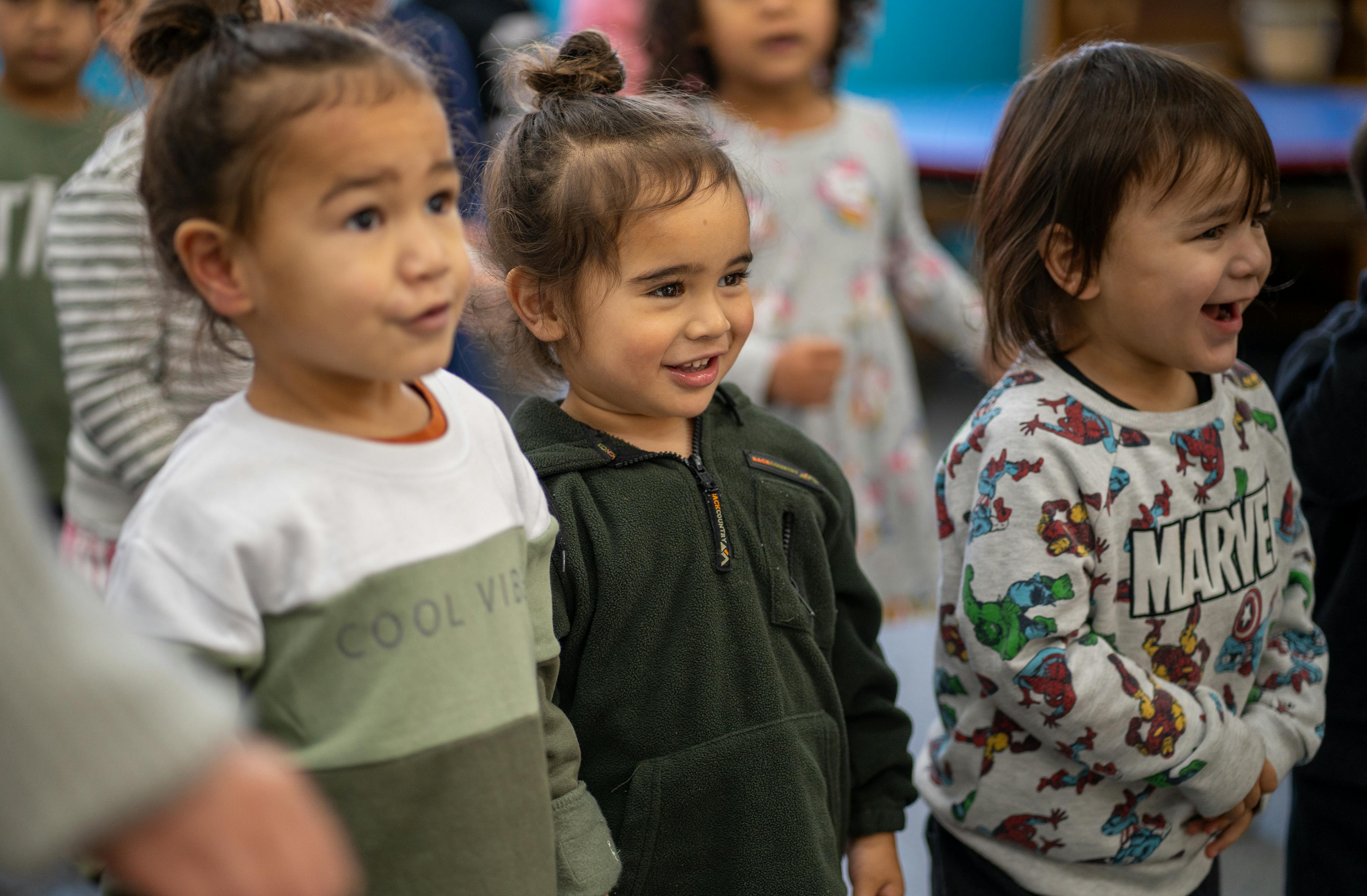
2020
An important investment in families
After years of advocacy from UNICEF Aotearoa, campaigning from politicians, and tireless petitioning from the New Zealand public - a momentous bill passes and increases parental leave to 26 weeks. This gave our newborns more needed time with their parents and a stronger start in life. Every moment matters!
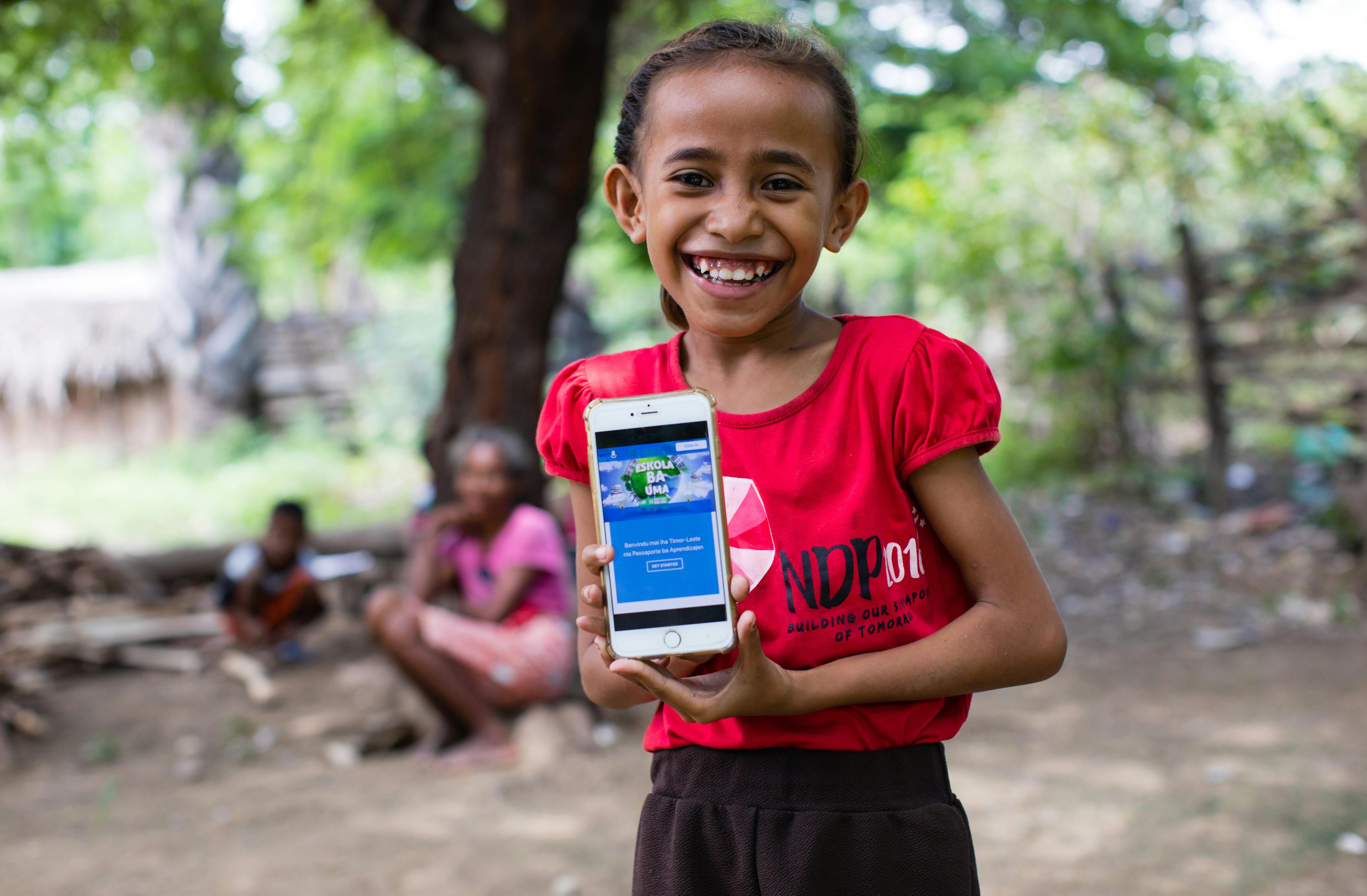
2020
A game-changer in remote learning
In response to the COVID-19 pandemic, UNICEF & Microsoft develop 'The Learning Passport'. Named one of Time Magazine's best inventions of 2021; this educational innovation is a digital learning platform providing kids app and browser-based school classes without always having to be connected to the internet.
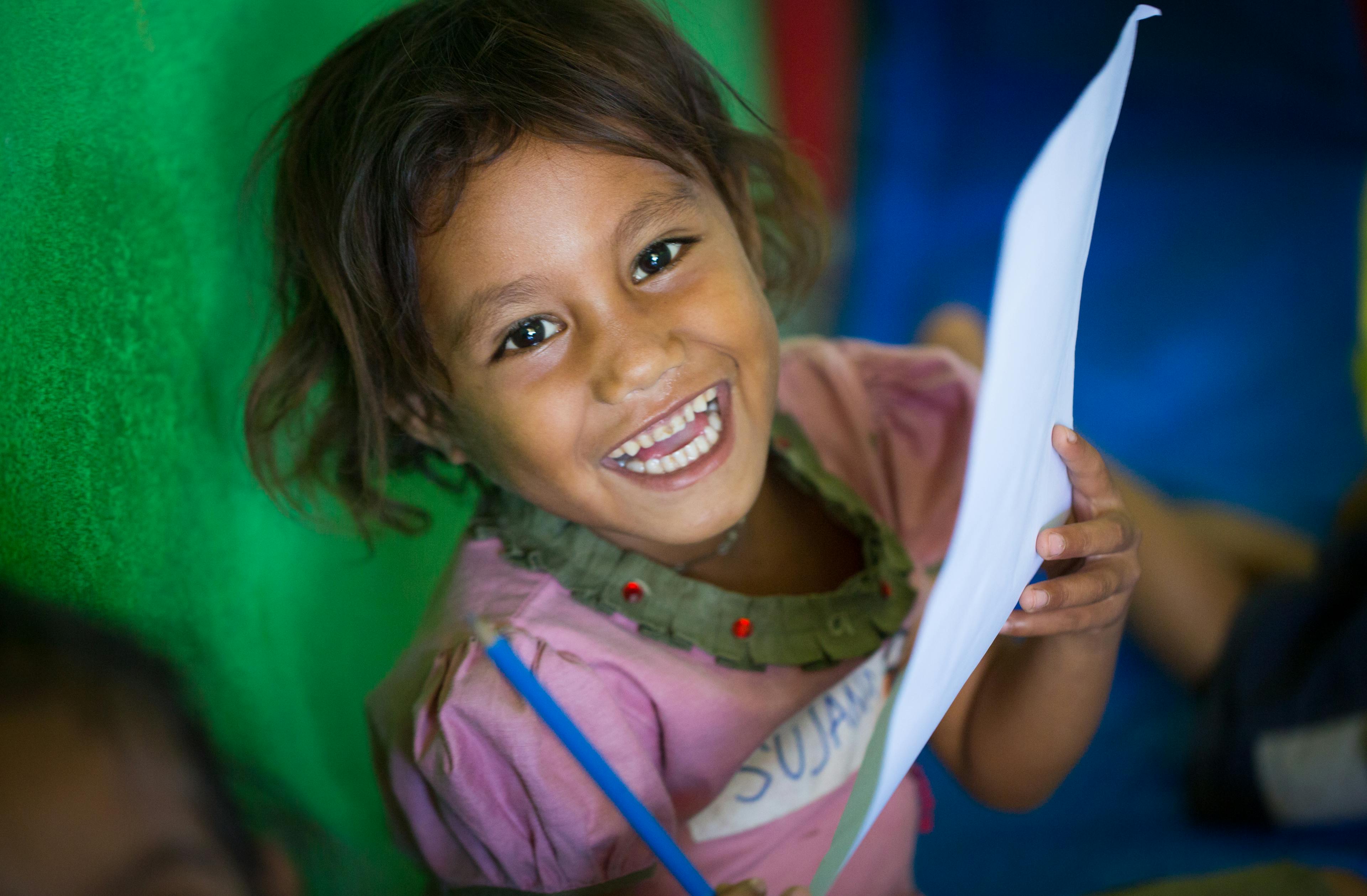
2021
A life-changing partnership
UNICEF Aotearoa and the NZ Ministry of Foreign Affairs and Trade announce a multi-year partnership to support our neighbours in Kiribati, Solomon Islands, Vanuatu, Timor-Leste, & Papua New Guinea. This life-changing partnership continues to ensure kids receive the best start in life and thrive in a healthy, stimulating, and safe environment.

2021
The largest health operation in history
UNICEF helps launch and lead the global delivery of COVID-19 vaccines. Our expertise and experience in delivering vaccines along with our global network positioned us to make this vaccination campaign a success. By the end of 2022, we had helped deliver almost 2 billion vaccines to 146 countries including some of the most remote areas in the world.
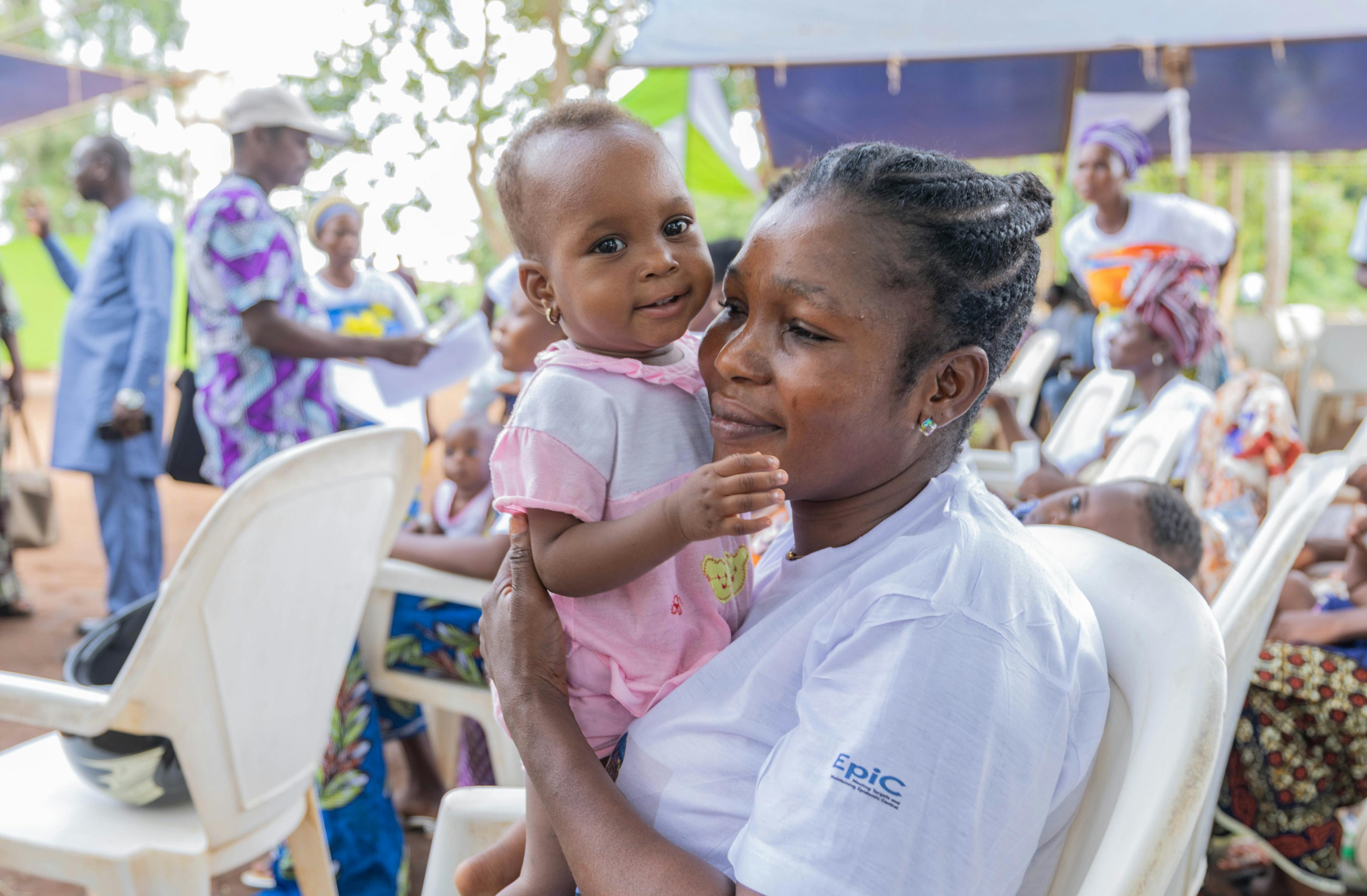
2022
A historic step in health care
UNICEF is awarded a $170 million contract to supply the first-ever malaria vaccine. A revolutionary tool for saving lives, 35-years in the making. The landmark award lead to the availability of 18 million doses over the following three years, potentially saving thousands of lives every year. This was just the beginning!
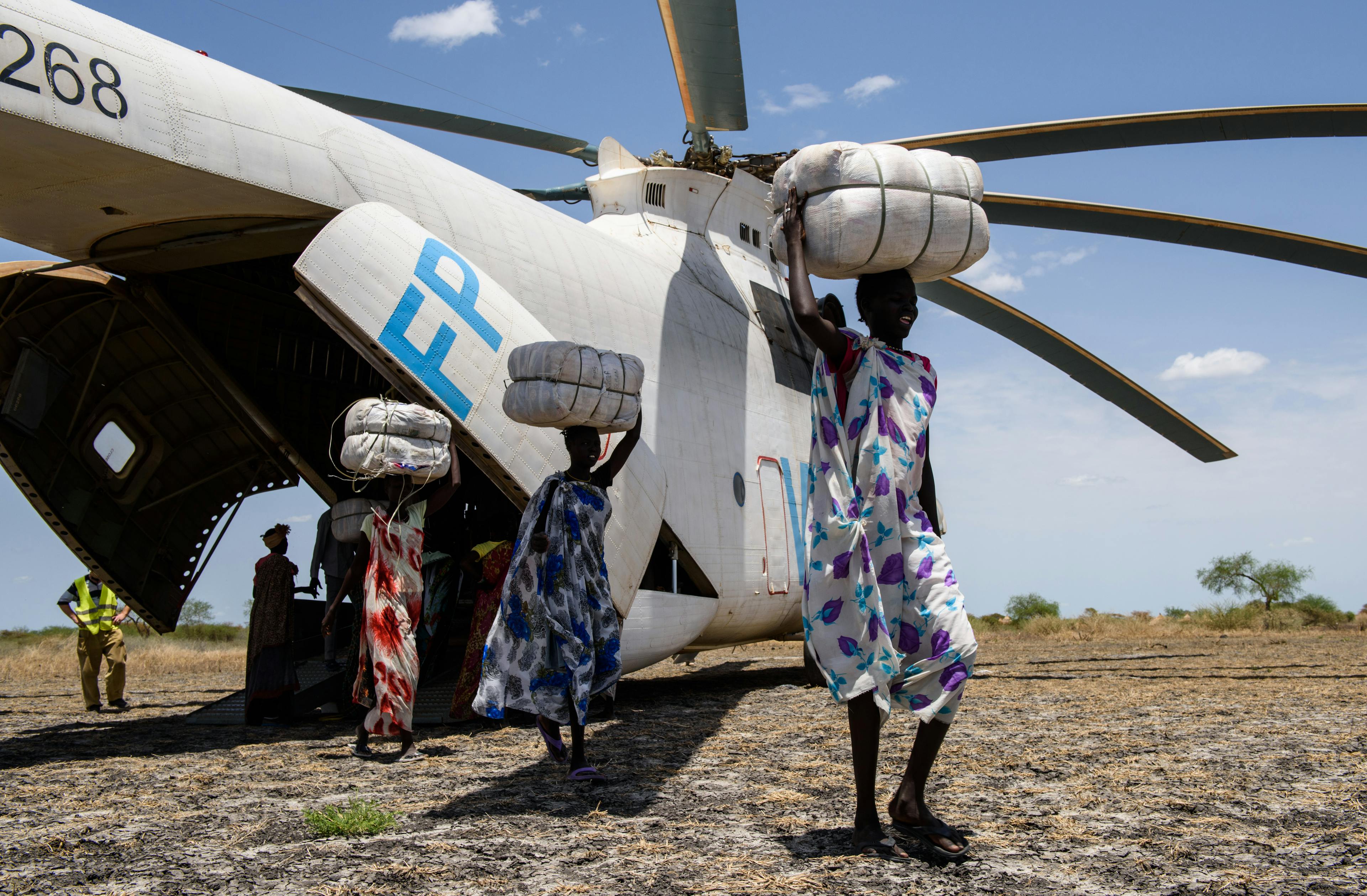
2022
Breaking records for kids
UNICEF procures a record $7.4 billion in supplies and services for kids in 162 countries and areas, representing a 93 per cent increase from pre-COVID-19 numbers. Supplies are essential to fulfil children’s rights, especially those living through conflict, war, climate disasters and food insecurity. This marked a sixth consecutive year of record-breaking procurement!
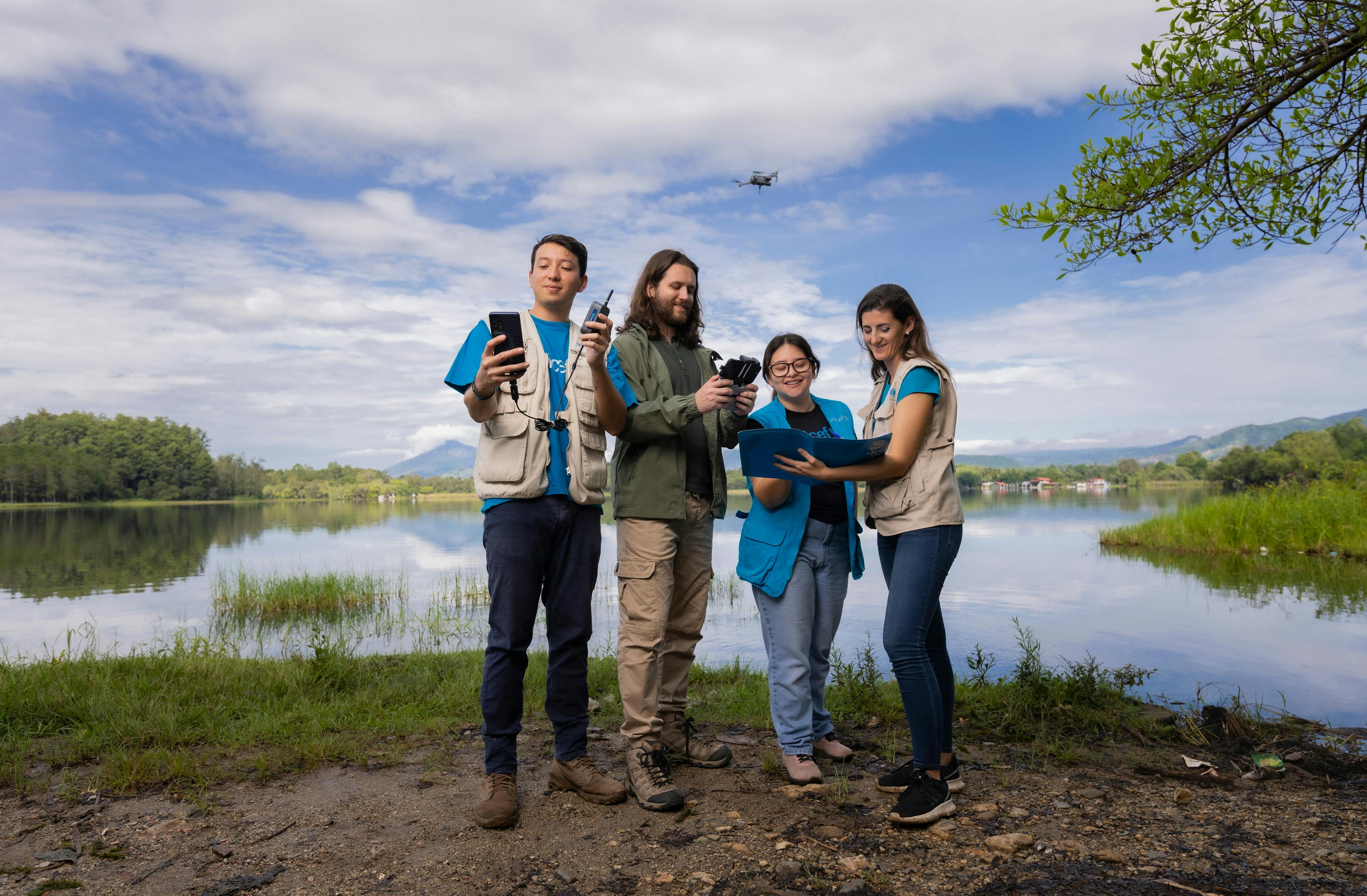
2023
Revolutionising emergency relief
UNICEF partners with drone start-up Aerobots to develop drones that transmit essential real-time data during natural disasters. Drones reduce the time it takes to communicate data between emergency responders by 80 per cent, increasing our ability to save more lives when disaster strikes!

2023
Safeguarding Today and Tomorrow
UNICEF launches the world's first climate-change financing solution to protect more than 13.5 million children and families. This revolutionary new fund is all about strengthening all our systems today to reduce the impact of a weather event, while insuring for what may happen tomorrow. After piloting in 8 countries it expected to scale up to more countries.

2024
Bridging Parliament and youth
A non-partisan forum is launched by UNICEF Aotearoa to provide young people with the chance to speak directly to New Zealand’s decision-makers. These forums demonstrate the value of listening to and engaging with child and youth perspectives on issues that directly affect their rights, to better inform the action needed from our Government.

In 2022, amazing UNICEF donors helped:
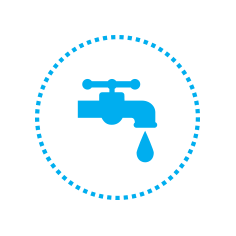
25.9 million people
access safe water for drinking and hygiene needs. Without clean water, communities are vulnerable to disease and illnesses.
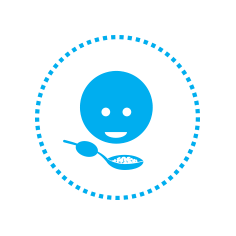
2.6 million children
aged under 5 get treatment for severe acute malnutrition. Good nutrition is the bedrock of child survival and development.
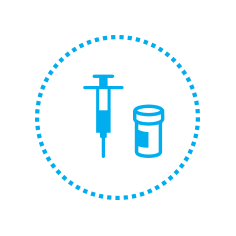
23.8 million children
get immunised against measles. Immunisations are the most effective way to protect kids against preventable diseases.

28 million children
received access to formal or non-formal education, including early learning. This will enable brighter futures for kids.

